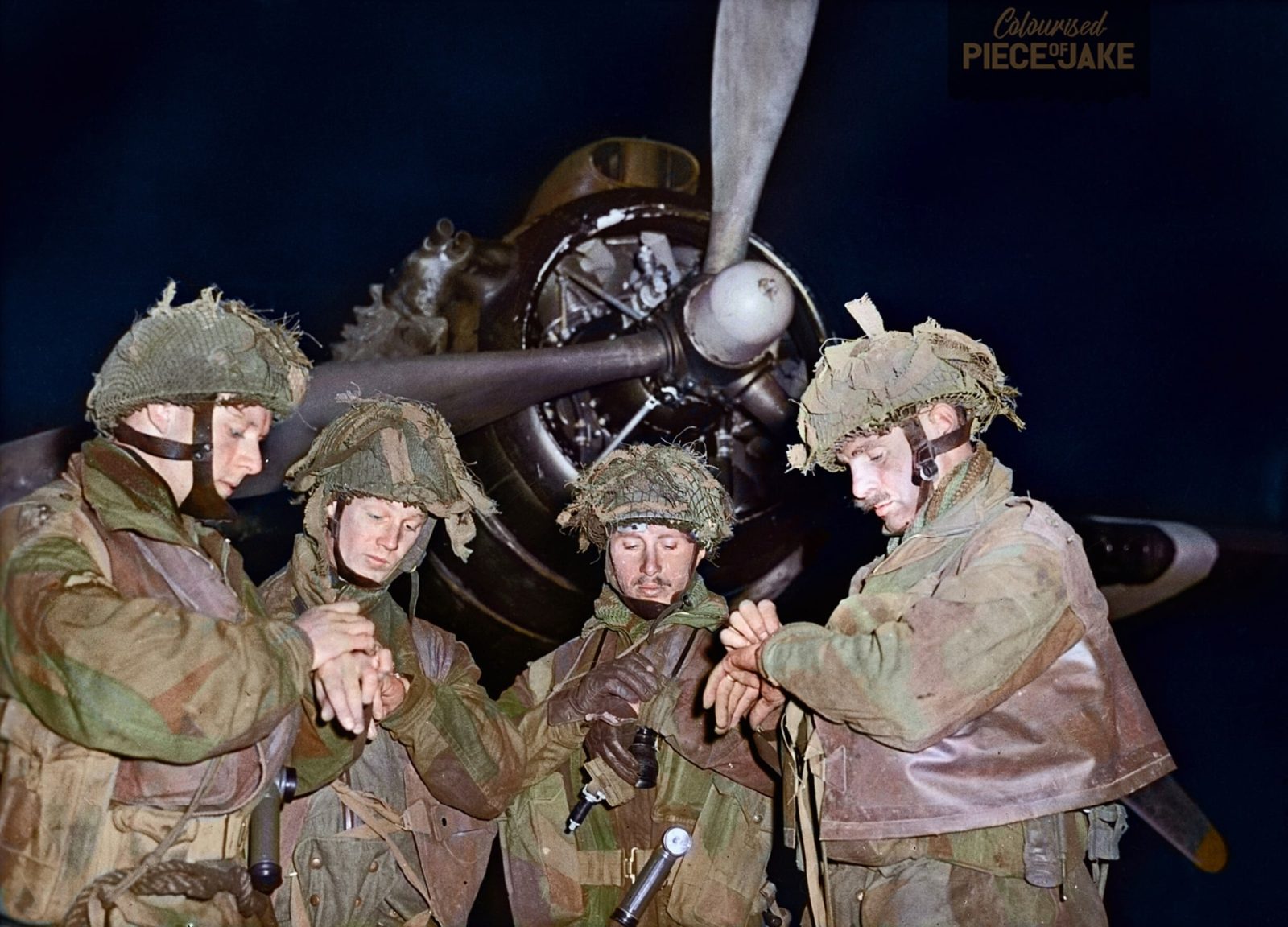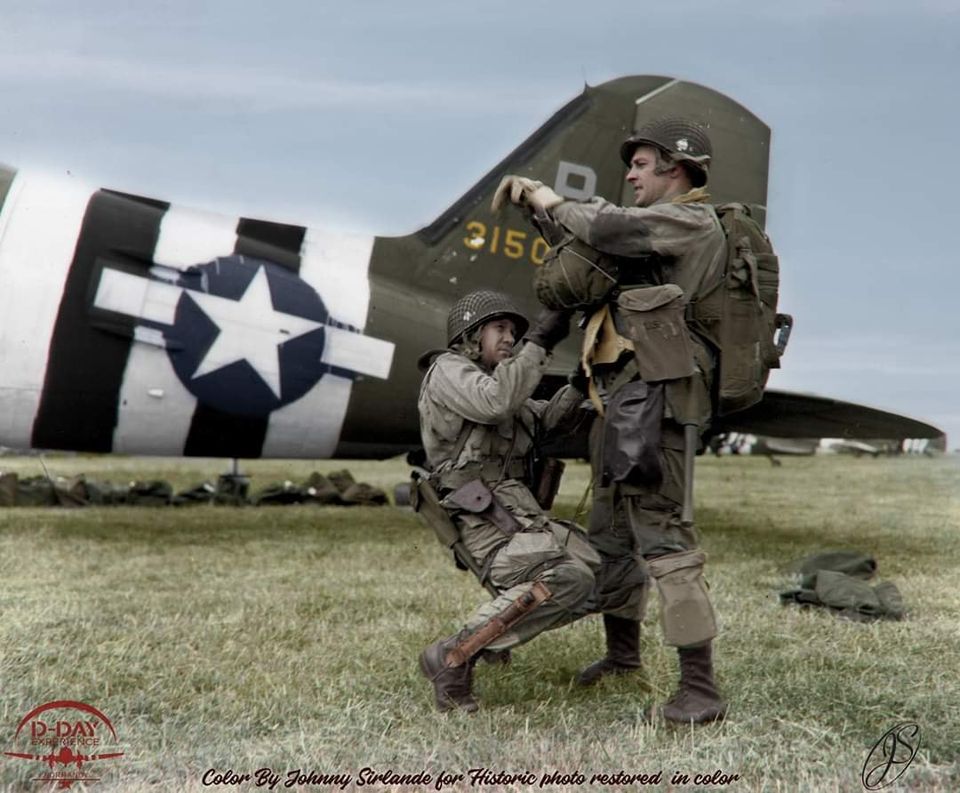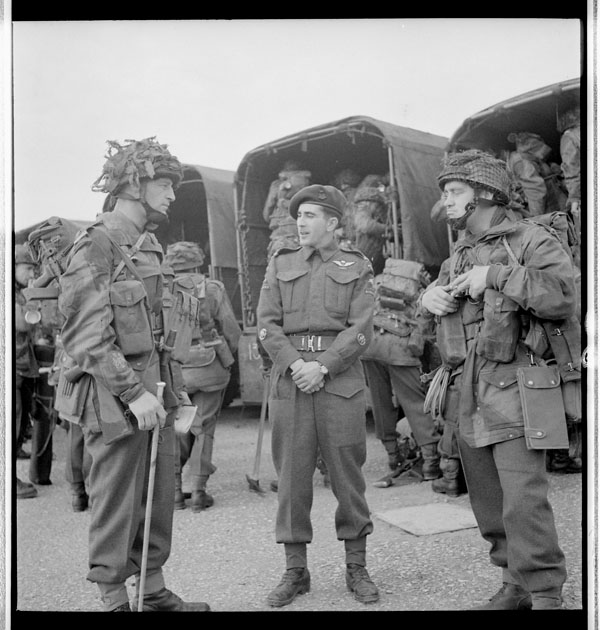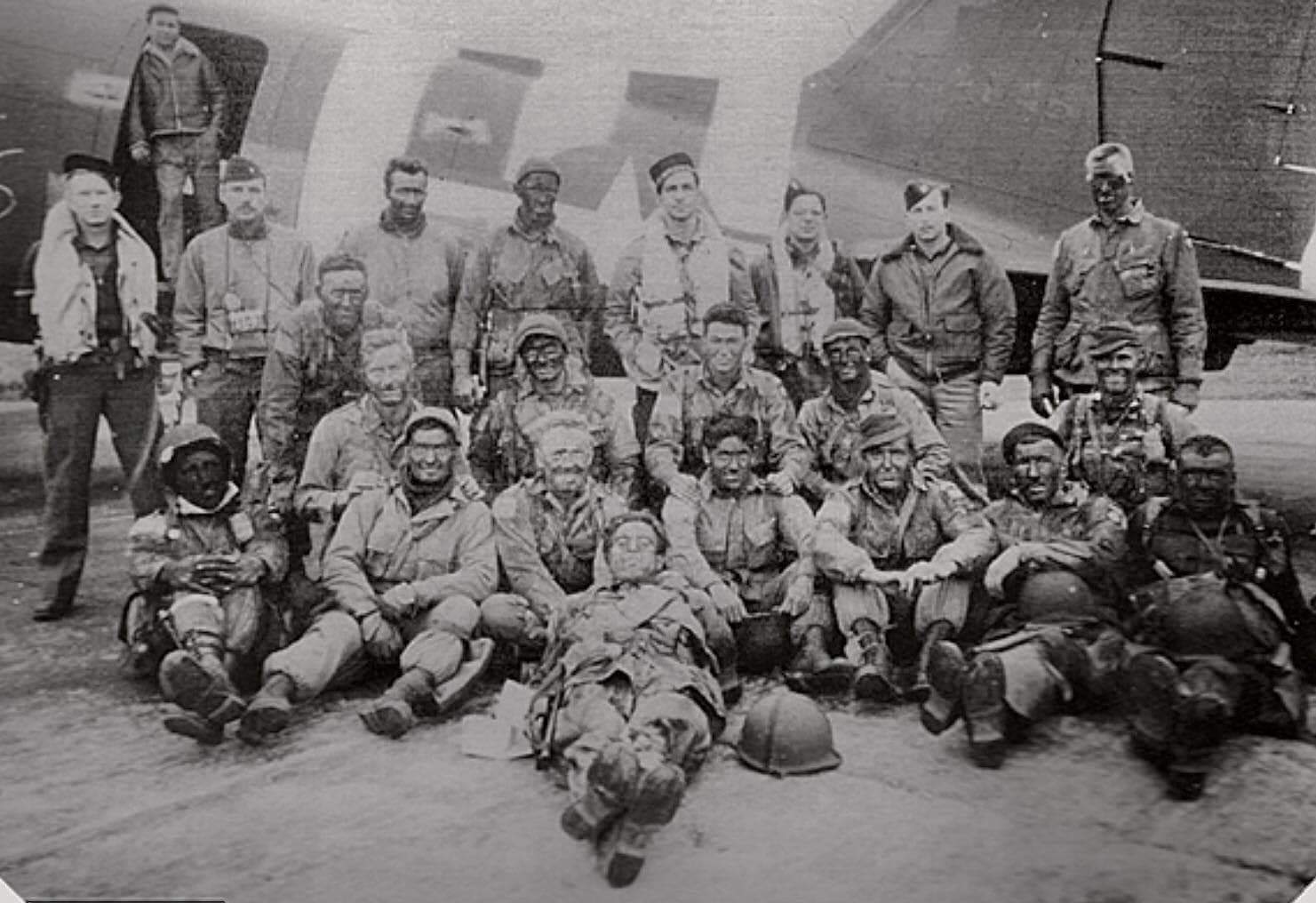After preparing their equipment, conducting rehearsals, and receiving their final briefings, the men of the Allied Airborne Forces boarded their transport aircraft and gliders in England to begin a one-way trip to the province of Normandy, France – and a legendary rendezvous with destiny.
Clik here to view.

They were the tip of the spear for the greatest combined operations invasion in history, and a reversal of William the Conqueror’s historic invasion of Britain in 1066. As General Eisenhower himself put it in his address to the entire invasion force on the evening of 5 June 1944:
“You are about to embark upon the Great Crusade, toward which we have striven these many months. The eyes of the world are upon you. The hope and prayers of liberty-loving people everywhere march with you. In company with our brave Allies and brothers-in-arms on other fronts, you will bring about the destruction of the German war machine, the elimination of Nazi tyranny over the oppressed peoples of Europe, and security for ourselves in a free world.”
Clik here to view.

Shortly after midnight on 6 June, over 18,000 men of the US 82nd and 101st Airborne Divisions and the British 6th Airborne Division descended from the skies over Normandy and began the hard-fought struggle to liberate Western Europe.
Clik here to view.

The men knew that many of them would never return, or that they might return bearing terrible physical (and emotional) scars. Most of them probably expected to at least receive some sort of wound. But they went nonetheless. The paratroopers clambered aboard their aircraft so laden down with equipment, ammunition and rations that needed help from their comrades to get up the few steps into the planes. The men of the glider troops were also loaded with as much as they could carry, and crammed in elbow-to-elbow aboard their flimsy plywood and canvas craft – knowing that a crash landing at the end would be the least of their concerns once they passed over the Normandy coast. But they went, nonetheless.
Clik here to view.

Today marks the 77th anniversary of those momentous times, and unlike years past, travel and other restrictions have prevented the usual large gatherings and events that mark the D-Day commemorations. But we remember those brave men nonetheless – and we humbly and respectfully thank them for their sacrifices that bought our freedom.
Clik here to view.
